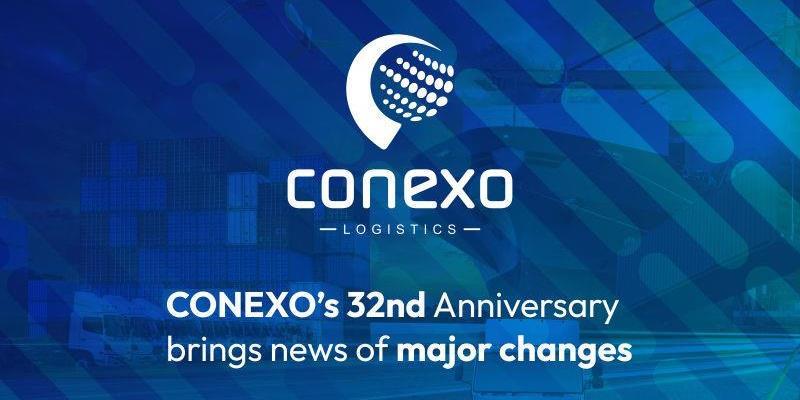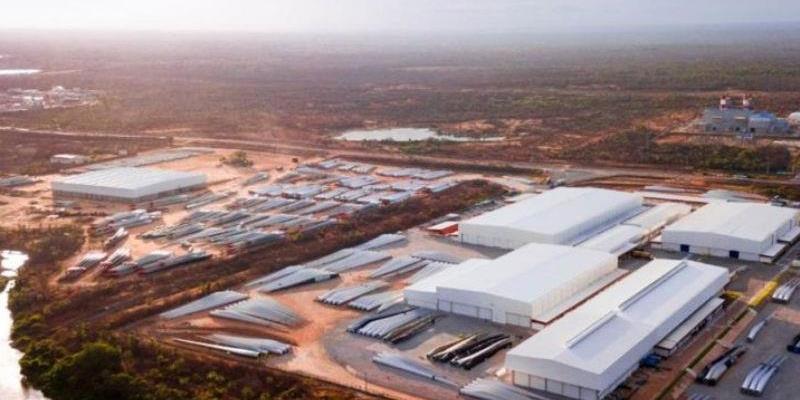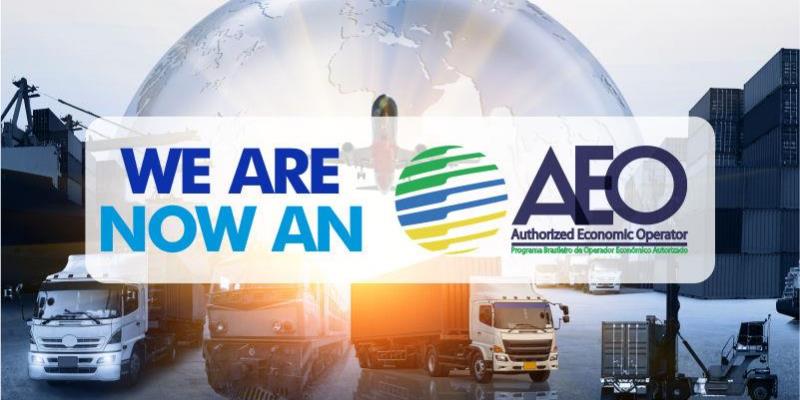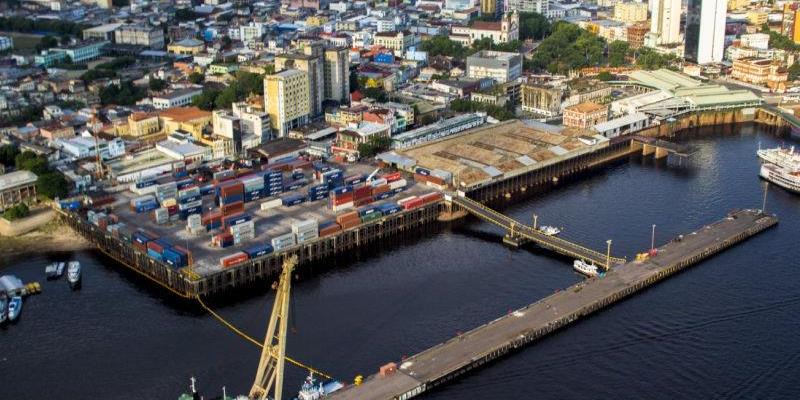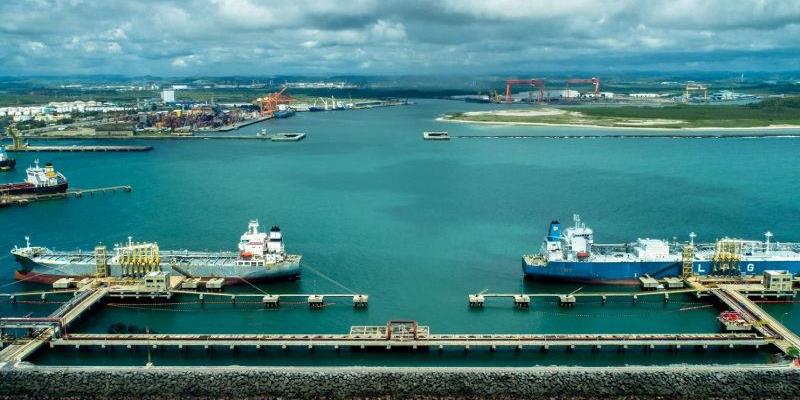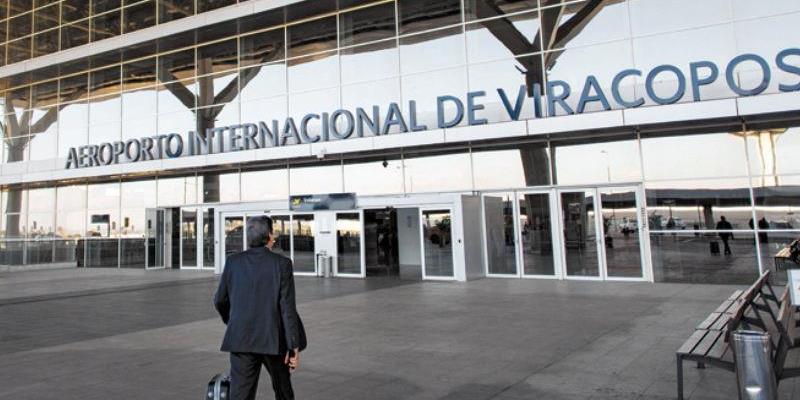AEO Certificate: What is it, its importance, and its benefits
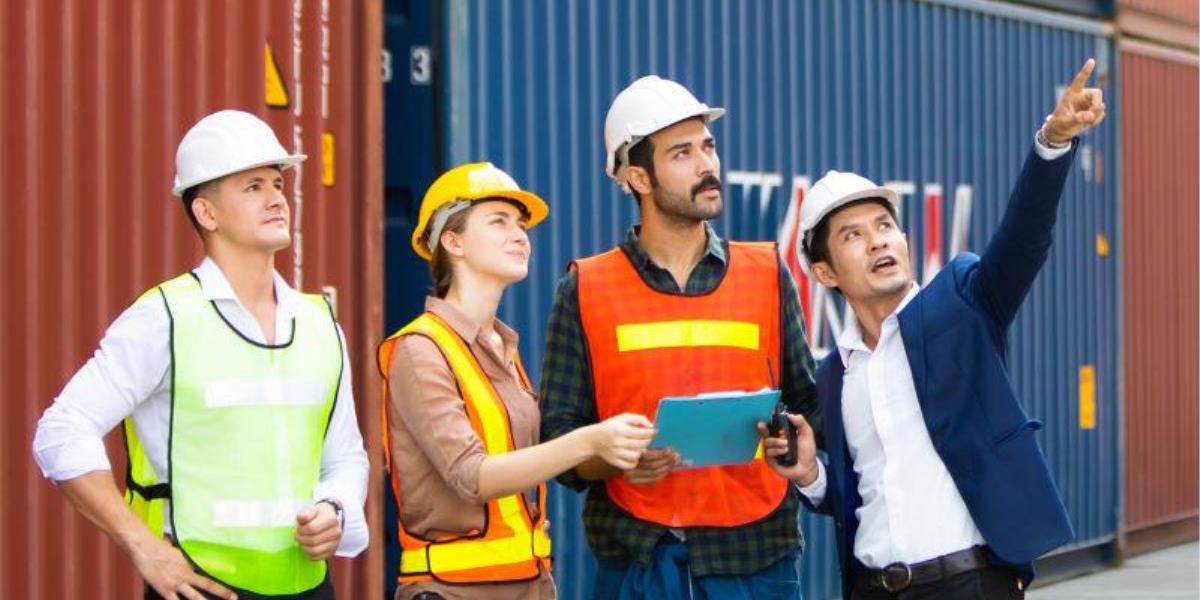
The AEO (Authorized Economic Operator) Certificate can be seen as a type of ISO certification and, in this case, aligned to ISO 31000 guidelines on Risk Management.
The main importance of the program is to ensure that tax and customs legislation is being followed and correctly applied (or at least that the risks of non-compliance are known), as well as that the movement of goods between countries occurs free from the contamination of illegal activities (drug and arms trafficking, for instance).
The benefits of the certification goes from ensuring agility in Foreign Trade operations to by having an exclusive point of contact inside the Brazilian Federal Revenue, priority in checking goods selected for inspection, among many others.
AEO certification: what is the program?
The program certifies companies as "Strategic Partners" of Brazilian Customs, represented by the Brazilian Federal Revenue as the certifying entity, on a voluntary basis, for which they must be able to prove compliance with certain requirements and criteria pre-defined (related to the Safety of the Logistics Chain and Compliance in relation to tax and customs obligations).
Once companies are certified this means that they represent low risk in their Foreign Trade operations. Therefore, they are reliable and because of that they will be able to enjoy the benefits granted by the program.
We can say that everything started in mid-1998 in Sweden as a result of “The Stairway” concept. The idea was widely disseminated by customs agent Lars Karlsson and, in this sense, those companies that could demonstrate greater capacity in complying with the legislation would have more benefits compared to others.
The program's certification aligns these guidelines with others from the SAFE Framework Standards, created within the scope of the WCO (World Customs Organization) that aims to encourage security measures and the facilitation of global trade.
They are also in line with the CTPAT (Customs Trade Partnership Against Terrorism) program, created by the United States and intensified after the September 11, 2001 attacks, whose primary concern is the physical security of the cargo, in order to prevent legal cargo from being contaminated and serve as a transport for terrorist and illicit attacks.
AEO certification: what are the types?
There are two types of certifications: AEO-Safety and AEO-Compliance.
In the AEO-Safety certification Importers/Exporters, Cargo Agents, Transporters, Airport Operators, Port Operators, Bonded Warehouses and REDEX (Special Place for Customs Dispatches of Export) can be certified.
On the other hand, in the AEO-Compliance modality only Importers and Exporters can be certified.
AEO-Safety (AEO-S)
The AEO-Safety Certification was introduced right after the launch of the program in Brazil in December 2014. It is not related to property security, as the concept of physical security of the cargo that the program brings is aimed at inhibiting international drug and arms trafficking, smuggling, embezzlement, violation of industrial or intellectual property rights.
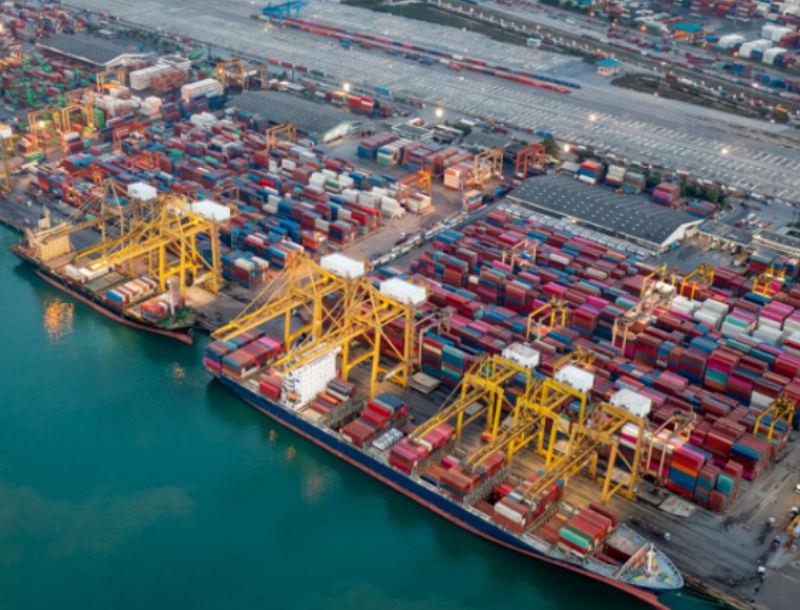
Among the specific criteria of this certification can be highlighted requirements related to:
- Cargo security: inspections of 7 points on the container and 17 points on the truck.
- Control of physical access: control of access keys and devices.
- Training and awareness regarding threats: encouraging participation in training.
- Physical security of facilities: monitoring of facilities and perimeter security.
- Management of business partners: selection and monitoring of business partners.
AEO-Compliance (AEO-C)
AEO-Compliance certification is related to complying with the criteria of tax and customs legislation. It was implemented in December 2015 and includes criteria such as:
- Description of goods.
- Tax classification of goods.
- Indirect Operations.
- Tax calculation basis.
- Origin of goods.
- Immunities, tax benefits and suspensions.
- Professional qualification.
- Exchange control.
AEO-Integrated
Implemented in December 2016, it is a complementary module that includes other Public Administration bodies that exercise control over Foreign Trade operations, namely:
- SECEX (Department of Foreign Trade).
- MAPA (Ministry of Agriculture, Livestock, and Supply).
- ANVISA (National Health Surveillance Agency).
- Army.
- ANAC (National Civil Aviation Agency).
- INMETRO (National Institute of Metrology, Quality, and Technology).
The expected benefits are the simplification of the licensing process, the lower incidence of selection for physical checking and the priority analysis of goods. In addition, the most recent AEO-Integrated SECEX brings several direct benefits to Drawback users.
AEO certification: how important is it?
Its importance is related not only by the international recognition of the certified company before other countries, but also by Brazil demonstrating that it regulates and applies reliable operations.
Such measures increase the competitiveness of the country and, therefore, of all companies participating in the program, reduce costs and extra costs of storage and avoid penalties in the routine of import and export operations.
Currently, with the program helping the entire Department and Foreign Trade operations, the risks are known, mitigated, or even extinct, as the program makes the company confirm whether it is complying with everything necessary to operate within the legislation and prevents its load to be merely a carrier of illicit between countries.
AEO certification: what are the benefits?
The benefits of the program are many, some are more related to the AEO-Safety certification, while others more related to the AEO-Compliance. In summary, we can say that most of the advantages offer agility and priority to certified companies, among which we can highlight:
1. Direct communication channel with the Brazilian Federal Revenue
This benefit is one of the most important, through which the company will be able to maintain a direct channel of contact at Brazilian Federal Revenue, and because of that will not need to schedule services and appointments through the e-CAC.
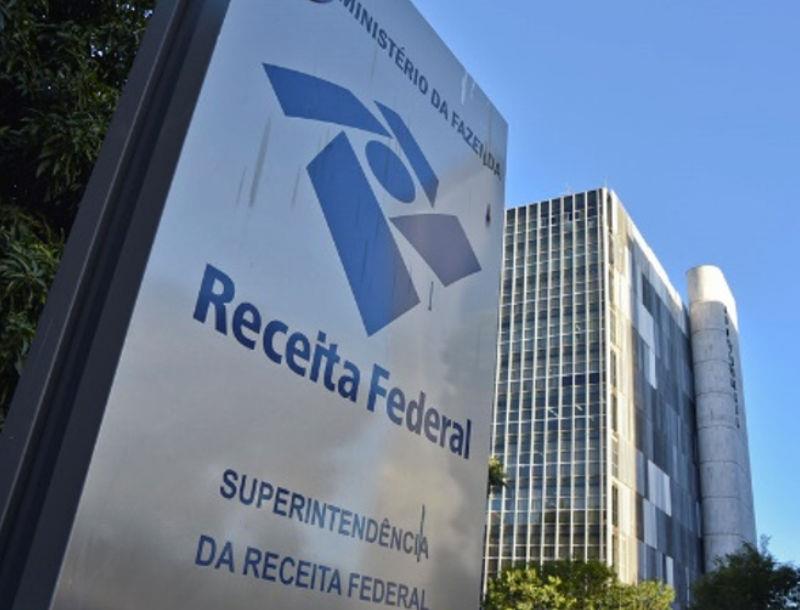
In other words, a member of the AEO team in Brazil will be designated to assist the certified company, without delay or difficulty in talking to someone, who will be an exclusive contact for questions, suggestions, and support throughout the post-certification process.
2. Reduction in the percentage of selected loads for conference channels
Assuming that during the audit period, before obtaining the certification, the company provided all the necessary access and that the Brazilian Federal Revenue performed its role as auditor, in the post-certification period there is a significant reduction in the loads selected for the conference channels.
Since the Brazilian Federal Revenue already consider this company as a partner, which provides a greater level of security in its operations, it allows the Federal Revenue to pay more attention to those loads related to non-AEO companies.
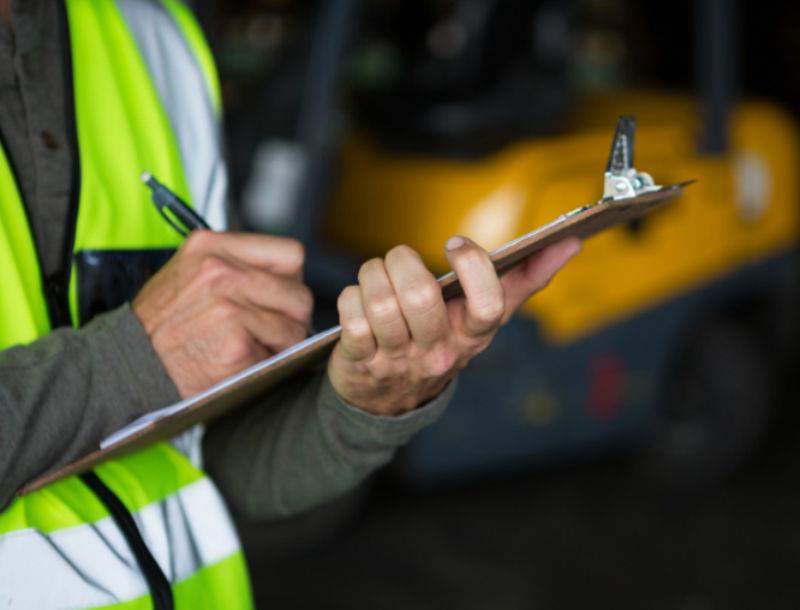
3. When selected for parameterization channels it has priority service
Being an AEO certified company will not eliminate the possibility of the cargo to go under inspection for documentary or physical verification. However, among the loads that are inspected, companies that are AEO will have priority over others to accelerate their release.
4. To be able to enjoy advantages and benefits resulting from Mutual Recognition Agreements entered into by the Brazilian Customs with Customs from other countries that are part of the AEO cooperation agreement
Mutual Recognition Agreements are agreements signed between the Customs of countries that have compatible AEO programs in place.
Every time Brazil signs a Mutual Recognition Agreements with another country some of the benefits are the priority treatment of cargo and, consequently, the reduction in storage costs, the predictability of transactions and the greater competitiveness of AEO companies in the international scenario.
Currently, Brazil has Mutual Recognition Agreements with the Mercosur countries, as well as with Uruguay, Peru, China, Bolivia, Mexico, and Colombia. And it is also negotiating with the United States and the Pacific Alliance.
Conexo is an AEO-S certified
Yes, we now have AEO-Safety Certification! As seen in this text, it is the one granted to cargo agents.
But what does it mean?
With this certification, we enjoy benefits such as:
- reduction in the percentage of export verification.
- Federal Revenue priority for those goods that are selected for some channel other than green.
- waiver of guarantee in the Customs Transit (exclusively for AEO carriers).
In addition to one of the most relevant advantages for carriers in situations of strike, movement, and queues: there will be priority access to enter the Customs Areas.
The certification has increasingly become a necessary differential in Foreign Trade operations.
It not only brings the benefits that the Federal Revenue presents, but internally organizes the entire structure of the certified company, which represents a guarantee of safer operations, as we have always done here at Conexo, but now with an AEO seal that reaffirms our quality and excellence.

